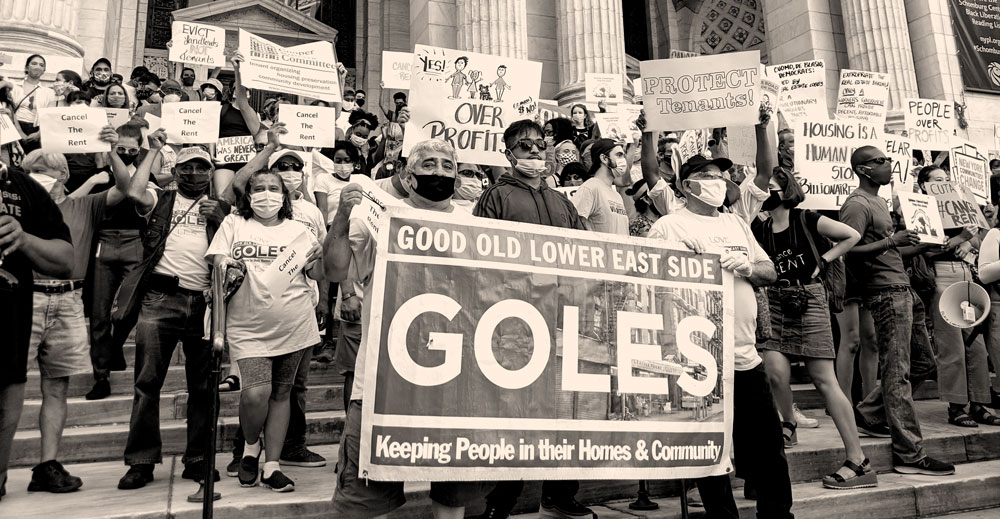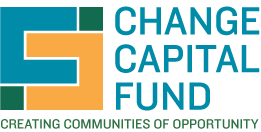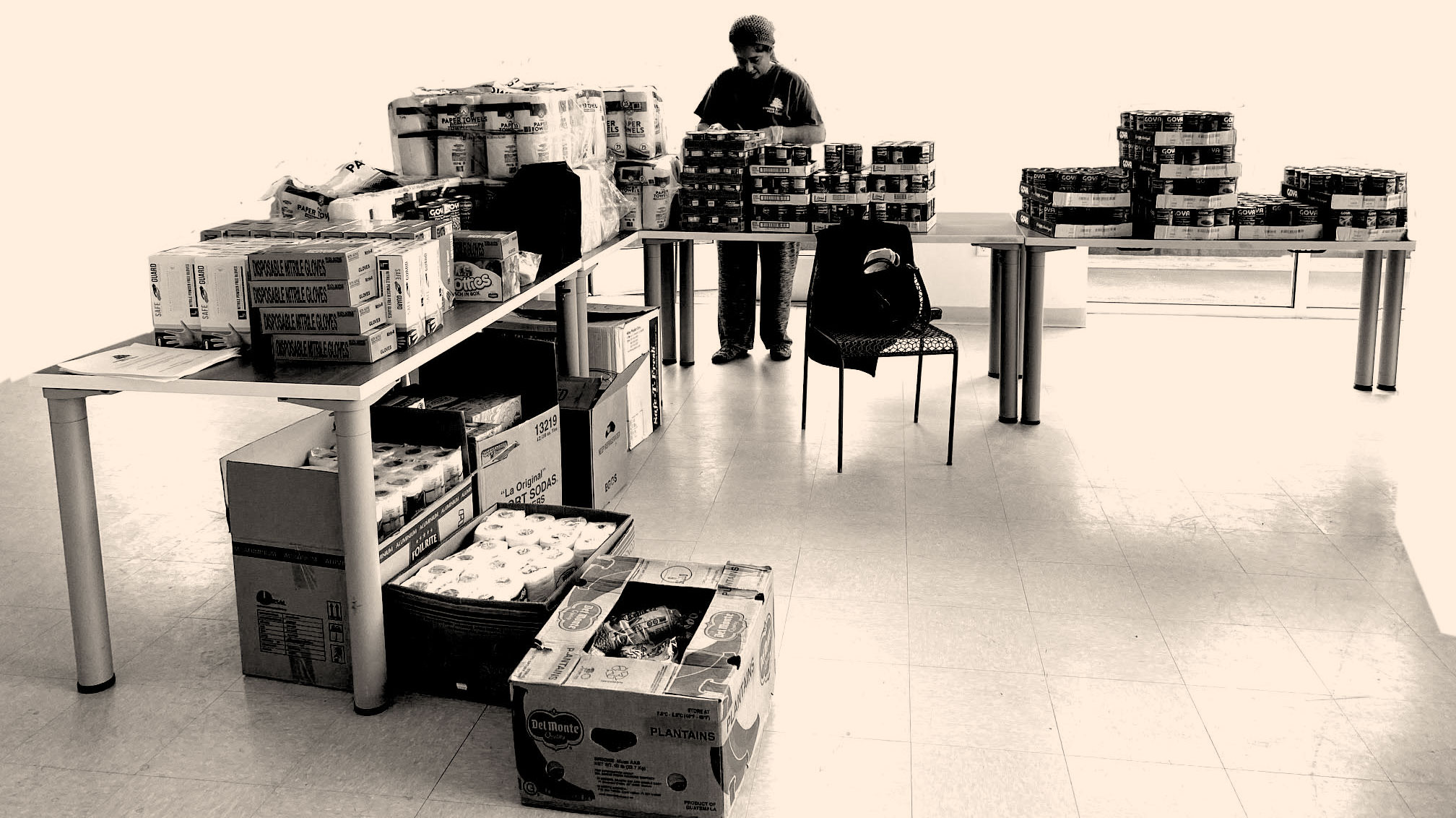Good Old Lower East Side, Inc. (GOLES) has protected the housing and quality of life for low-income and working-class people on the Lower East Side (LES) of Manhattan since 1977. The Lower East Side, one of the city’s most densely populated and most racially diverse neighborhoods, ranks second for income inequality in our economically polarized city. As gentrification threatens the neighborhood, GOLES helps low-income residents remain safely in their homes through three interconnected strategies: 1) direct services, 2) resident education, and 3) community organizing. With a budget of less than $2 million/year, GOLES stands out for its deep rootedness in the community, its welcoming and bilingual staff, and its ability to generate outsized impact for its size.
In the year before the COVID-19 Pandemic, GOLES was serving about 10,000 people per year. But in the six months from April through September 2020, after the pandemic hit, GOLES reached nearly 63,000 people. They did this, despite having to work remotely, by marshalling almost 100 volunteers, in partnership with NYU and other organizations, who found a sense of purpose supporting GOLES. Their staff and volunteers made over 34,000 ‘wellness calls’ to check in on every contact in their system, many who live in the public housing that comprises a significant part of the neighborhood’s housing.
GOLES had institutionalized social networks and crisis response protocols during Hurricane Sandy, which hit the neighborhood hard. They built on that knowledge to reinvigorate those networks during the COVID pandemic. GOLES provided food and information, helping people access unemployment benefits and stimulus checks. They counseled people to prevent evictions and shared other essential information using texts and phone calls at a scale they had never done before. For example, they sent 12,000 texts about NY State’s eviction moratorium, the only way some tenants learned that it was implemented or extended. This outreach, in addition to other use of social media, newsletters, and flyering, was critical to informing LES residents of their right to stay in their homes.
CCF resources have helped GOLES bring on a new Director of Strategic Initiatives to customize a new, organization-wide Salesforce System, and train staff on how to use the system. They credit this system for their ability to reach tens of thousands of people, determine what they need, and respond quickly and nimbly. They are now working to expand the system, particularly in regard to recruiting and managing volunteers, in order to amplify their impact even more.
In April, a GOLES staff member reached into her own pocket to buy groceries for a client. A few days later, that staff member called to follow-up and we learned that the client had shared their groceries with a neighbor who “needed them more.” A few weeks later, GOLES helped a local senior sign up for food delivery and she called back to say how much she liked the “chicken with barbecue sauce, vegetable lasagna, macaroni and cheese…”. Five minutes after this conversation, a disabled man from the same building called: “My neighbor told me you could help me get some food.” Often, when GOLES helps a community member, they, in turn, find a neighbor who needs help.


